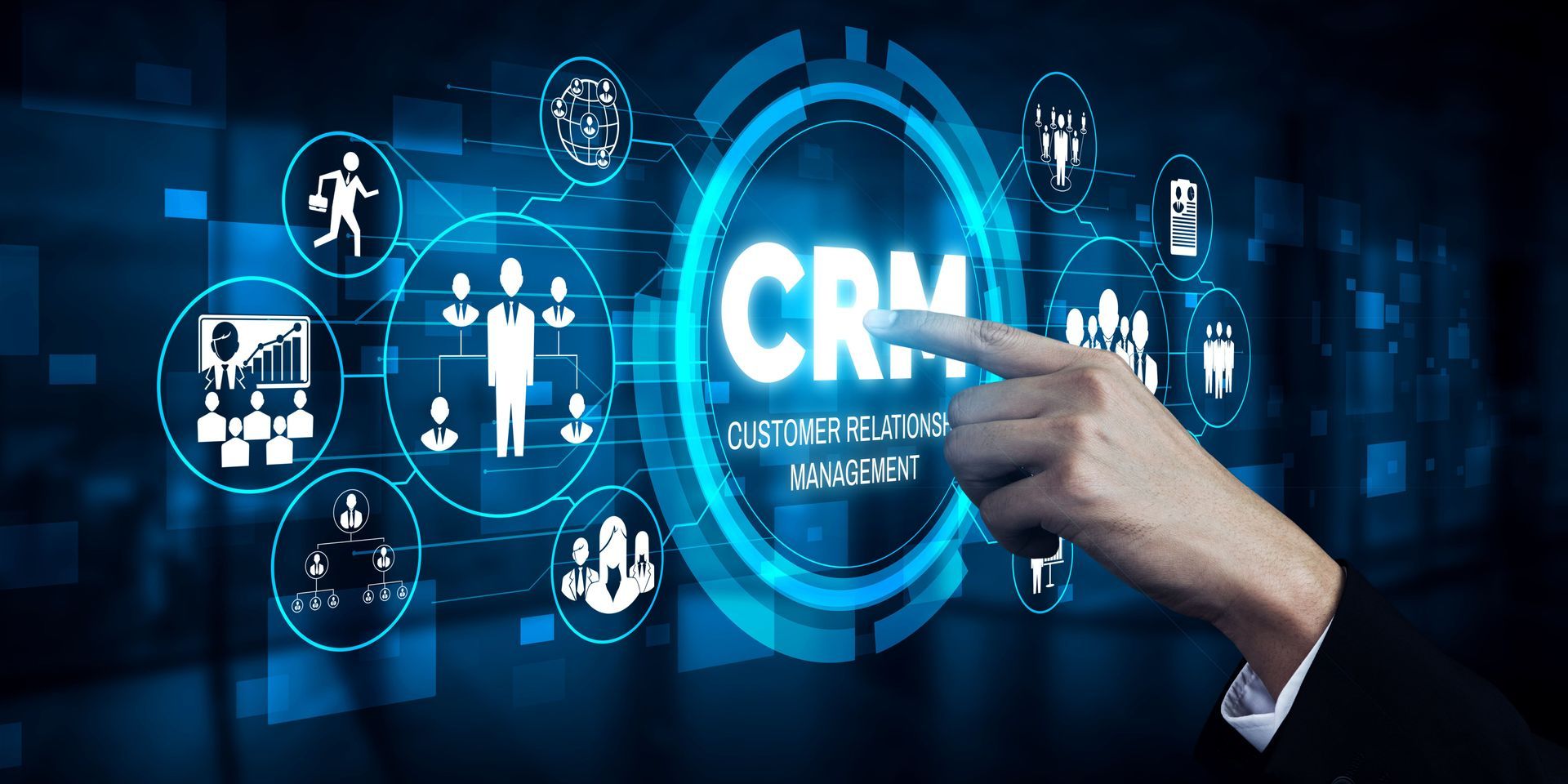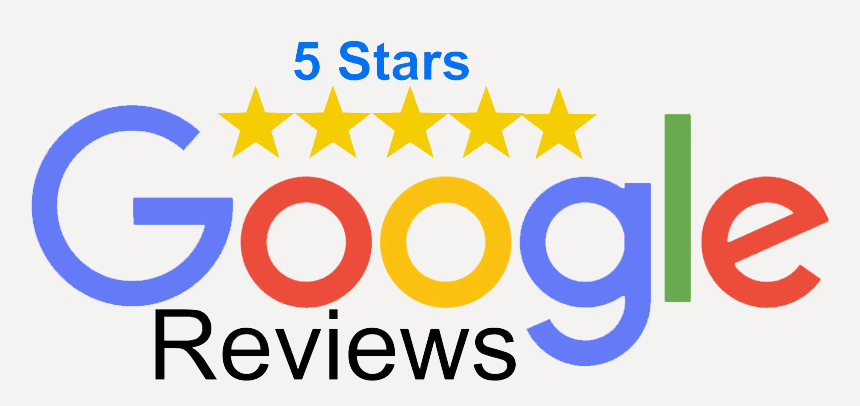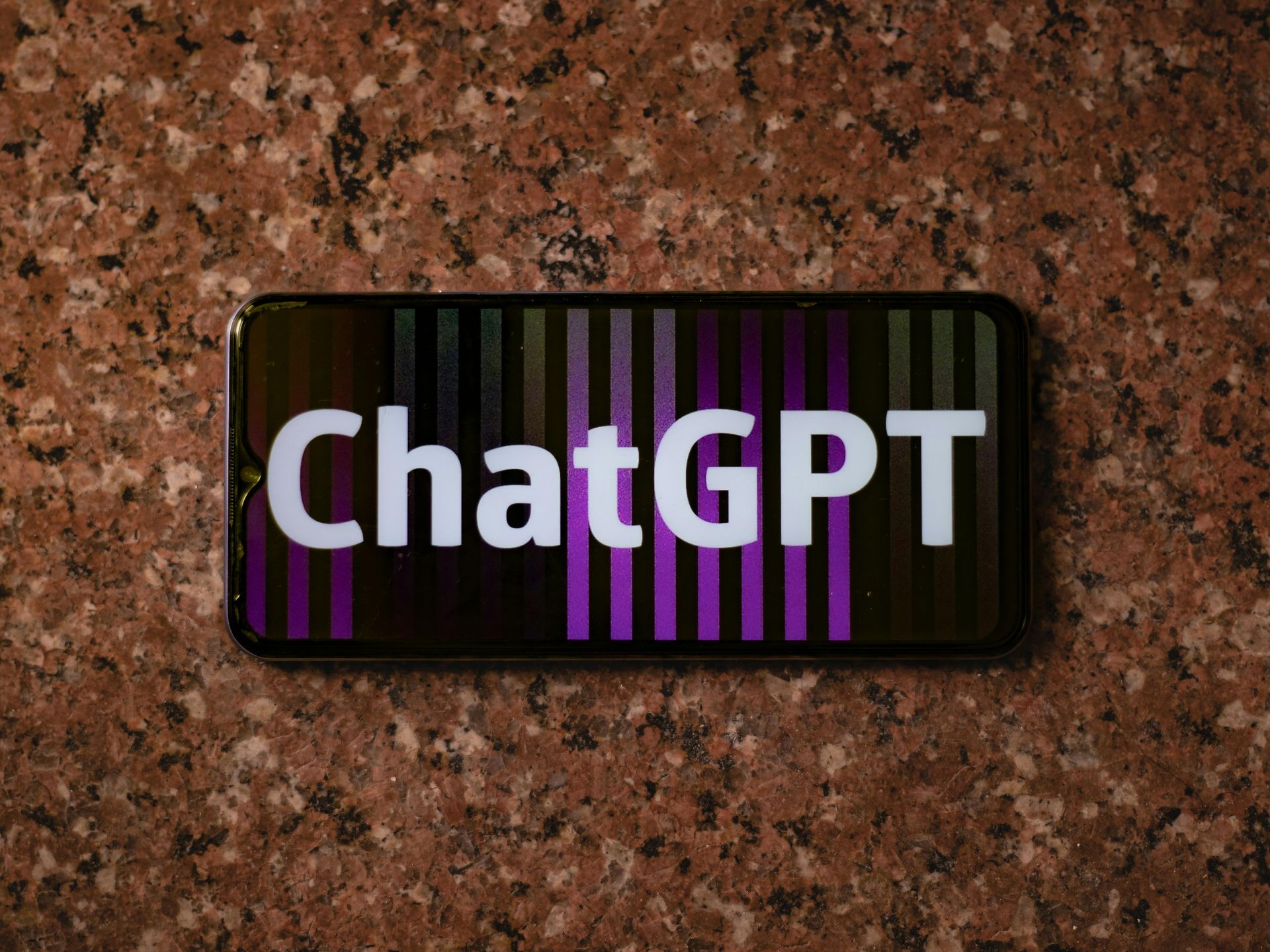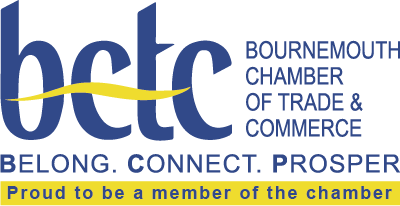Integrating CRM with Digital Marketing: How to Create a Seamless Customer Experience
How linking CRM with digital marketing can improve your customer interactions.

For businesses today, making sure that customers have a smooth and consistent experience is key. One way to achieve this is by connecting your Customer Relationship Management (CRM) system with your digital marketing efforts. By doing this, you can improve how you interact with your audience and ensure that your messaging is relevant, timely, and helpful. In this blog, we explore how integrating your CRM with digital marketing can enhance your customer’s experience and help you increase conversions.
What is CRM and Digital Marketing Integration?
CRM systems are tools that help businesses manage relationships with their customers. They store information like customer contact details, purchase history, and any interactions with your business, making it easier to track and organise everything in one place.
Digital marketing, on the other hand, is the collection of online strategies you use to promote your business—through emails, social media, search engines, and more. When you bring these two things together, it allows your marketing to be more informed by the real-time data you have on your customers.
Why Integrating CRM with Digital Marketing Makes Sense

1. More Personalised Interactions
When you integrate your CRM with digital marketing, it becomes much easier to tailor your communications to individual customers. Instead of sending generic messages, you can craft more relevant and personal interactions based on what you know about each customer.
For example, if someone has previously bought from a particular product category, you can send them updates about similar products or let them know when there is a sale in that category. This personal touch makes customers feel recognised, which can strengthen their connection with your business.
2. Better Targeting
A CRM system gives you valuable insights into your customers’ preferences and behaviours. By segmenting your audience into different groups—based on their interests, buying patterns, or even their stage in the sales process—you can create marketing campaigns that are more targeted and relevant to each group.
For instance, you might want to send a different message to customers who are browsing but haven’t made a purchase compared to those who are frequent buyers. This ensures that each group gets the right information, rather than a one-size-fits-all approach that may not resonate.
3. Automating Routine Tasks
When you combine CRM with your digital marketing tools, many routine tasks can be automated. This means less time spent on repetitive actions like sending follow-up emails or scheduling reminders. For example, you can set up automated emails that are triggered when someone interacts with your website or makes a purchase.
This automation helps ensure that you stay in touch with your customers without the need for constant manual intervention, keeping your brand top of mind.
4. Understanding the Customer Journey
Integrating CRM and digital marketing helps you get a clearer picture of the entire customer journey. From the first time someone visits your website to their final purchase, you can track every interaction they have with your brand. This visibility allows you to see what’s working well and where there might be friction points that need to be addressed.
By having a better understanding of your customer’s journey, you can refine your approach and make it easier for people to move from interest to purchase, improving their overall experience along the way.
5. Making Smarter Decisions with Data
A CRM system provides you with data that can guide your marketing decisions. By integrating it with your digital marketing efforts, you are able to analyse what is working and what isn’t in real time. This helps you make more informed decisions about where to focus your resources and how to adjust your strategies.
For example, you might find that certain types of emails lead to more sales, or that a particular customer segment is more likely to respond to a specific kind of offer. By using this data to fine-tune your marketing, you can avoid guesswork and improve your results over time.
How CRM Integration Can Improve Conversion Rates

One of the main goals of any marketing strategy is to convert leads into paying customers. CRM integration with digital marketing can improve conversion rates by:
1. Tailored Content for Leads
Not all leads are ready to make a purchase immediately. By using your CRM data, you can deliver content that’s suited to individual lead’s level of interest or needs. For example, if someone has been looking at a particular service on your website but hasn’t decided, you could send them additional information to help them decide, such as a case study or customer testimonial.
This keeps the conversation going without being overly pushy, allowing potential customers to engage with your brand on their own terms.
2. More Effective Retargeting
If someone shows interest in your business but hasn’t yet converted, retargeting can help bring them back. By integrating your CRM data with retargeting ads, you can make sure that these ads are highly relevant to what the customer has already shown interest in.
For example, if a customer browses a product but doesn’t complete the purchase, you can serve them an ad for that product, perhaps with a special offer or reminder. This gentle nudge can often be what’s needed to turn a potential customer into a paying one.
3. Opportunities for Upselling and Cross-Selling
CRM data can also reveal opportunities for upselling or cross-selling. If you know what a customer has already bought, you can suggest related items that they might find useful, or offer an upgrade to their purchase. For instance, if someone buys a basic version of a product, you can send them an offer for a premium version or complementary accessories.
This doesn’t just boost sales; it also adds value for your customers by providing them with recommendations that make sense based on their interests.
Creating a Consistent Experience for Customers
By integrating CRM with digital marketing, you can provide a more consistent experience for your customers across all touchpoints. Whether they are receiving an email, seeing an ad, or visiting your website, the messaging and offers they receive will be more aligned with their individual preferences.
This creates a smoother experience for the customer, which can help build trust and loyalty. Plus, by automating parts of the process, you ensure that communication happens when it’s needed, without overwhelming the customer.
Conclusion: Using CRM to Support Better Marketing
Bringing CRM and digital marketing together helps businesses interact with their customers in a way that feels more thoughtful and organised. By using the data you already have, you can make better decisions, improve customer relationships, and ultimately drive more conversions.
If you are looking to integrate your CRM with digital marketing and enhance the way you connect with customers, Overt Digital Media can help. Visit
www.overtdigitalmedia.com to find out how we can support your business.
Book a Free Website SEO Audit
Challenges for Marketers and Businesses
While good SEO agencies are used to adapting to changes in the Google search algorithm, the introduction of A.I. summaries is an unprecedented challenge. There will inevitably be an SEO 'arms race' for creating content that gets referenced within these summaries. This race will inevitably be won by companies with big budgets that can afford the time and cost of producing huge amounts of detailed content.
Introducing AI-generated content at the top of search results has made SEO more challenging. One of the most pressing concerns is the potential loss of organic traffic. As AI-generated summaries meet users' needs without needing to click further, websites may experience a decline in traffic, even if they continue to rank well on the results page.
This change demands a strategic pivot. Marketers need to consider how to make their content more engaging and essential, encouraging users to explore beyond the AI-generated answer. This might involve focusing on content that offers a deeper level of detail, personal insights, or unique perspectives that A.I. cannot easily replicate. Additionally, diversifying traffic sources by leveraging social media, email marketing, and other channels becomes more critical in a landscape where Google search might no longer be the primary driver of visits.
The Role of Paid Ads and the Strategic Implications
These AI-generated results are placed beneath paid ads on the search results page. This positioning increases the value of paid search advertisements. Since organic visibility is now more challenging, businesses might feel pressured to invest more in Google Ads to maintain their presence at the top of search results. Again, this will benefit larger companies that have bigger budgets at the expense of smaller businesses.
For many businesses, especially those with limited marketing budgets, this change could necessitate a re-evaluation of their marketing spend. Allocating more resources to paid search may become essential to compensate for the loss of organic traffic. However, this also means competing in a potentially more crowded and expensive ad marketplace.
However, relying solely on paid ads is not a sustainable solution for most businesses. The key will be finding a balance between paid and organic strategies, ensuring that even if AI-generated content dominates informational searches, there are still ways to reach potential customers.
Consider integrating paid ads with good content strategies focusing on authority, trustworthiness, and relevance to encourage users to click through to their sites.
Click here to learn more about Paid Ads and PPC
Optimising for the Future
Adapting to these changes requires a proactive approach. Companies should start by auditing their existing content to identify areas where they can add value beyond what an A.I. summary can provide. This might involve updating their existing content to include more detail or analysis. Case studies, infographics, and videos can provide significant information for website visitors.
Additionally, businesses should build a strong brand presence across multiple platforms within their local area. While Google search remains a powerful tool, diversifying traffic sources and building direct relationships with customers through social media, newsletters, email marketing, and other channels such as local chambers of commerce and sponsoring events can raise your company's profile locally and further afield.
Book a Free SEO Audit
Google Business Profile - your new best friend
Optimising their Google Business Profile should be a top priority for service-based companies that want to attract companies in their local area. Your Google Business Profile dictates where your business ranks on Google Maps. Being in the top three ranked companies on Google Maps secures you a position in the Map Pack, which is positioned just under the paid ads in Google search results pages.
To learn more about optimising your Google business profile, visit our website's Google Maps SEO page or read one of our recent blogs about this subject.
Conclusion
Google's shift toward AI-generated content in search results marks a new era for SEO and digital marketing. While this change presents challenges for those relying on long-tail keywords and organic traffic, it also offers new opportunities to improve rankings in Google. Businesses can capitalise on these opportunities by creating content used by Google's A.I. summaries.
Staying ahead in this new search environment will require a significant and sustained effort, not to mention time and effort. Still, as with all SEO efforts, those who adapt quickly will thrive despite the challenges.
About Overt Digital Media
Overt Digital Media is a leading website design and SEO agency based in Christchurch on the edge of The New Forest. We serve customers throughout the Hampshire Dorset and Wiltshire regions.
We specialise in website design and Local SEO, helping our clients attract more customers from their local area. Should you need help getting your business noticed online or getting to the top of Google, please contact the team at Overt Digital Media and request your free SEO audit and website review.














